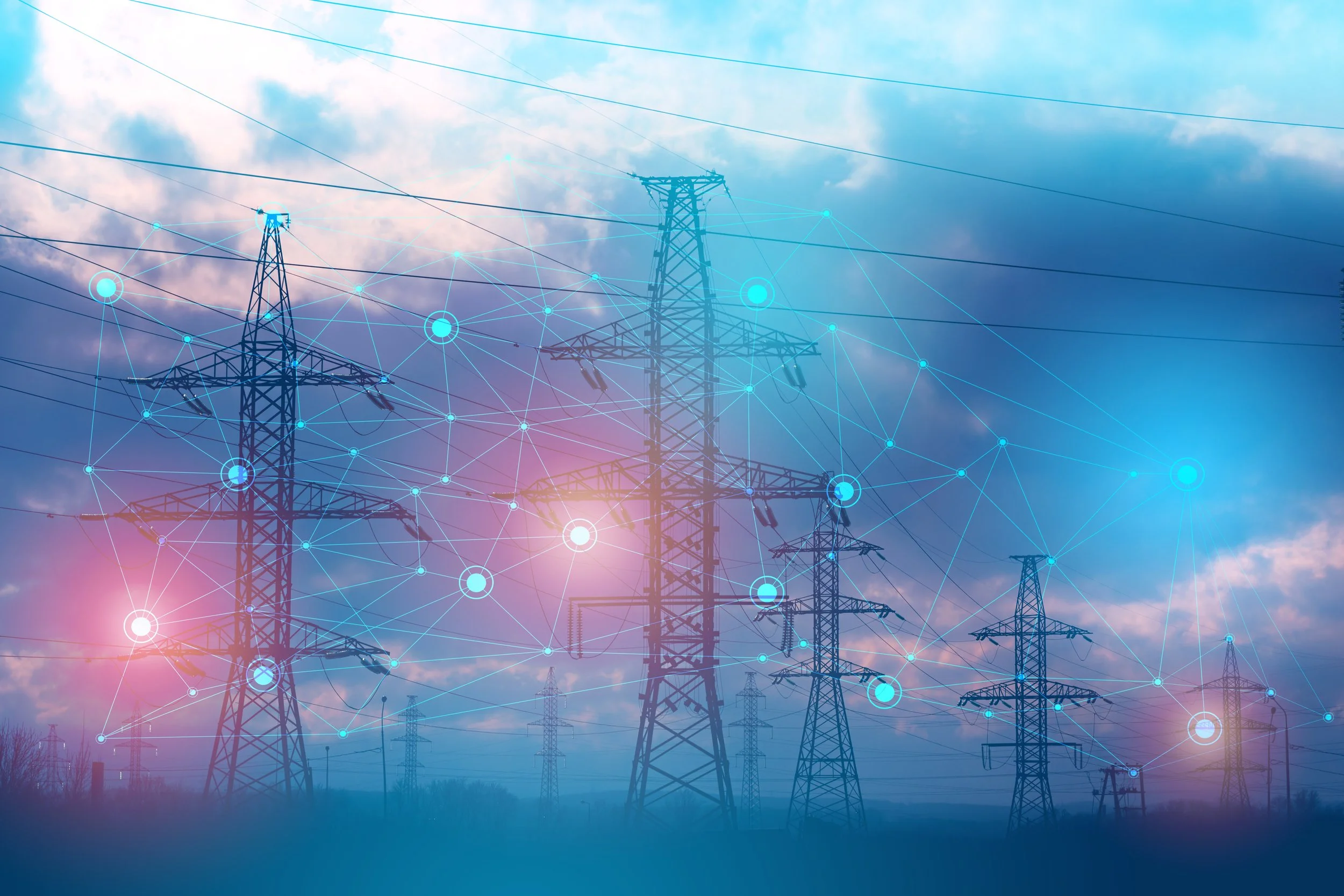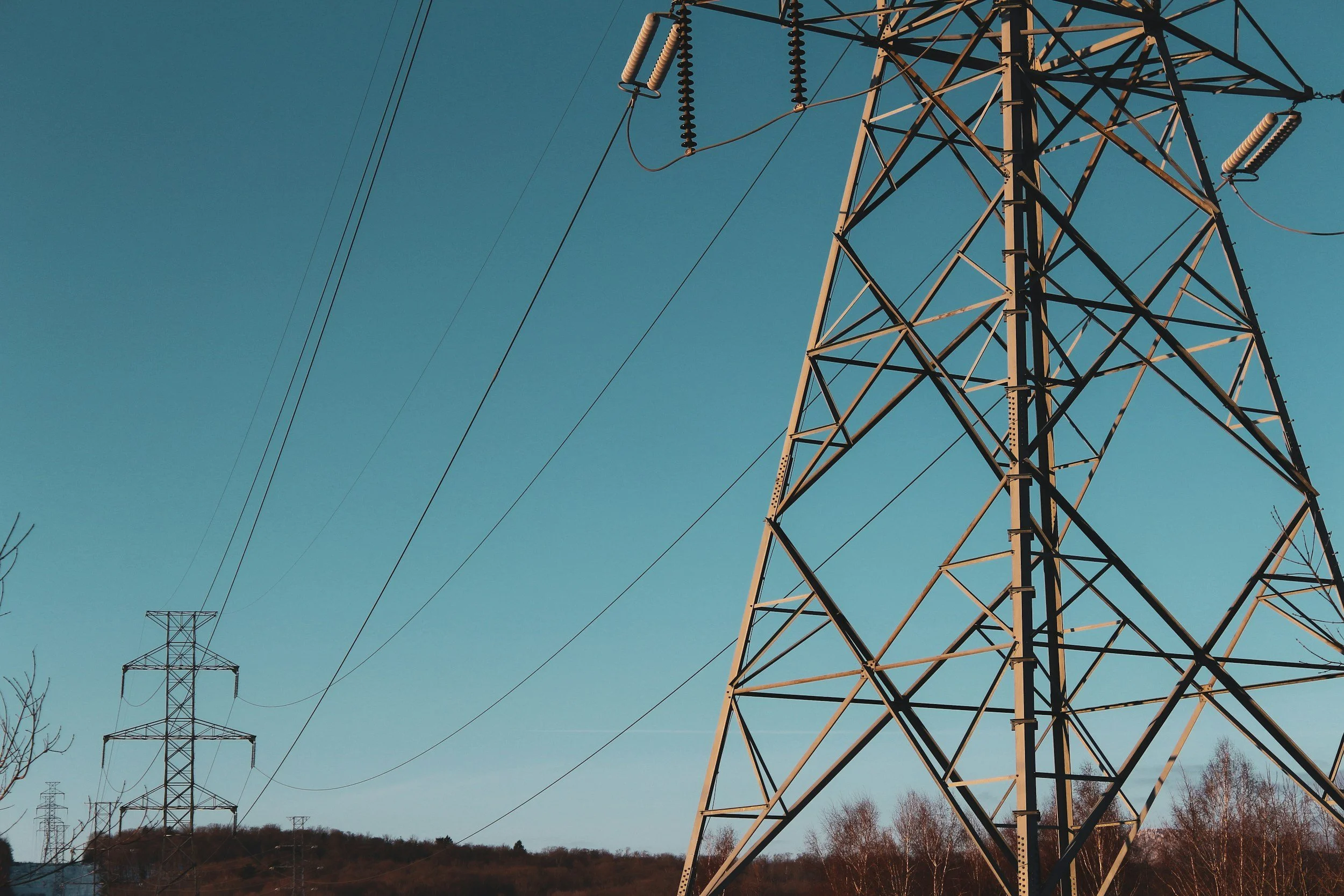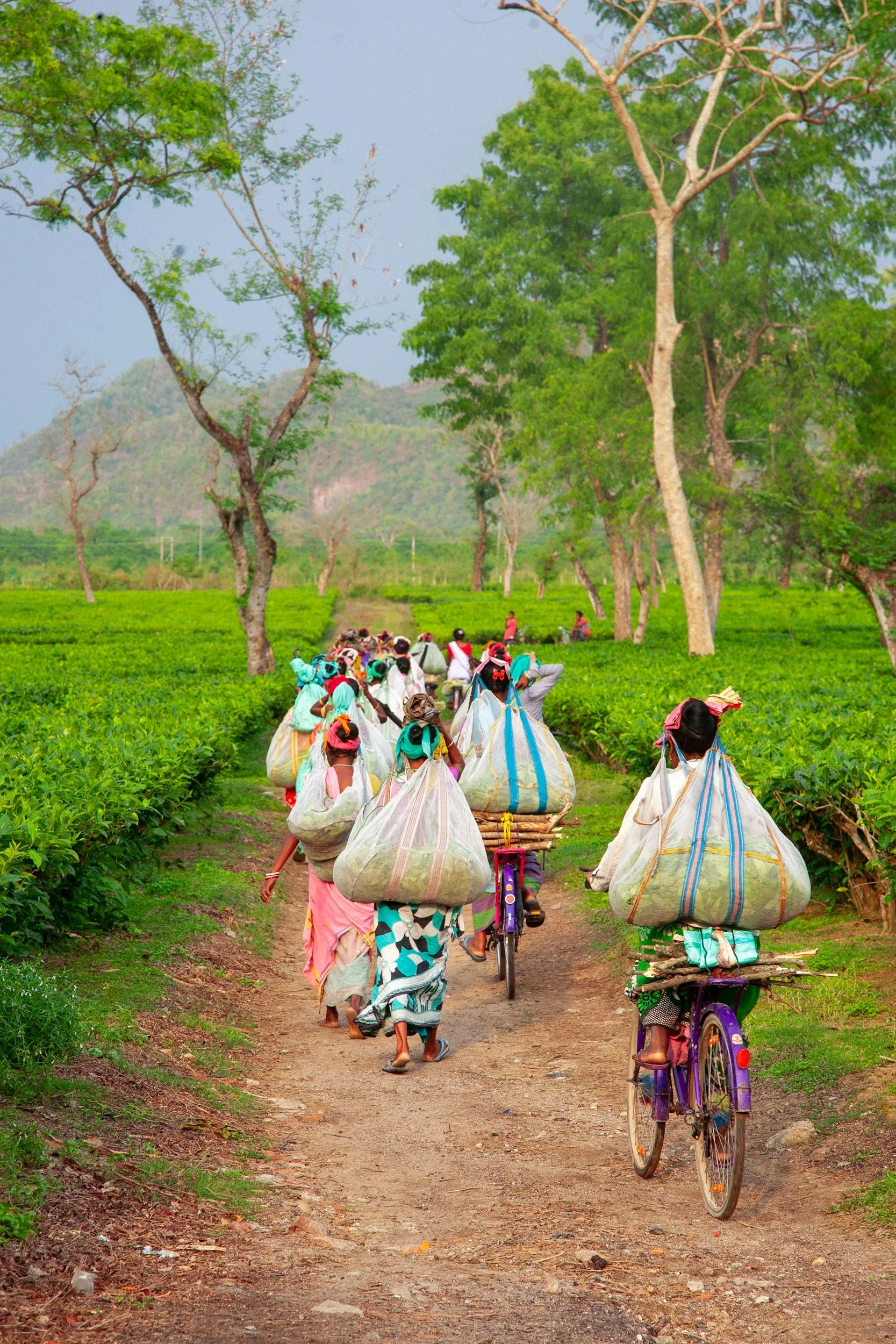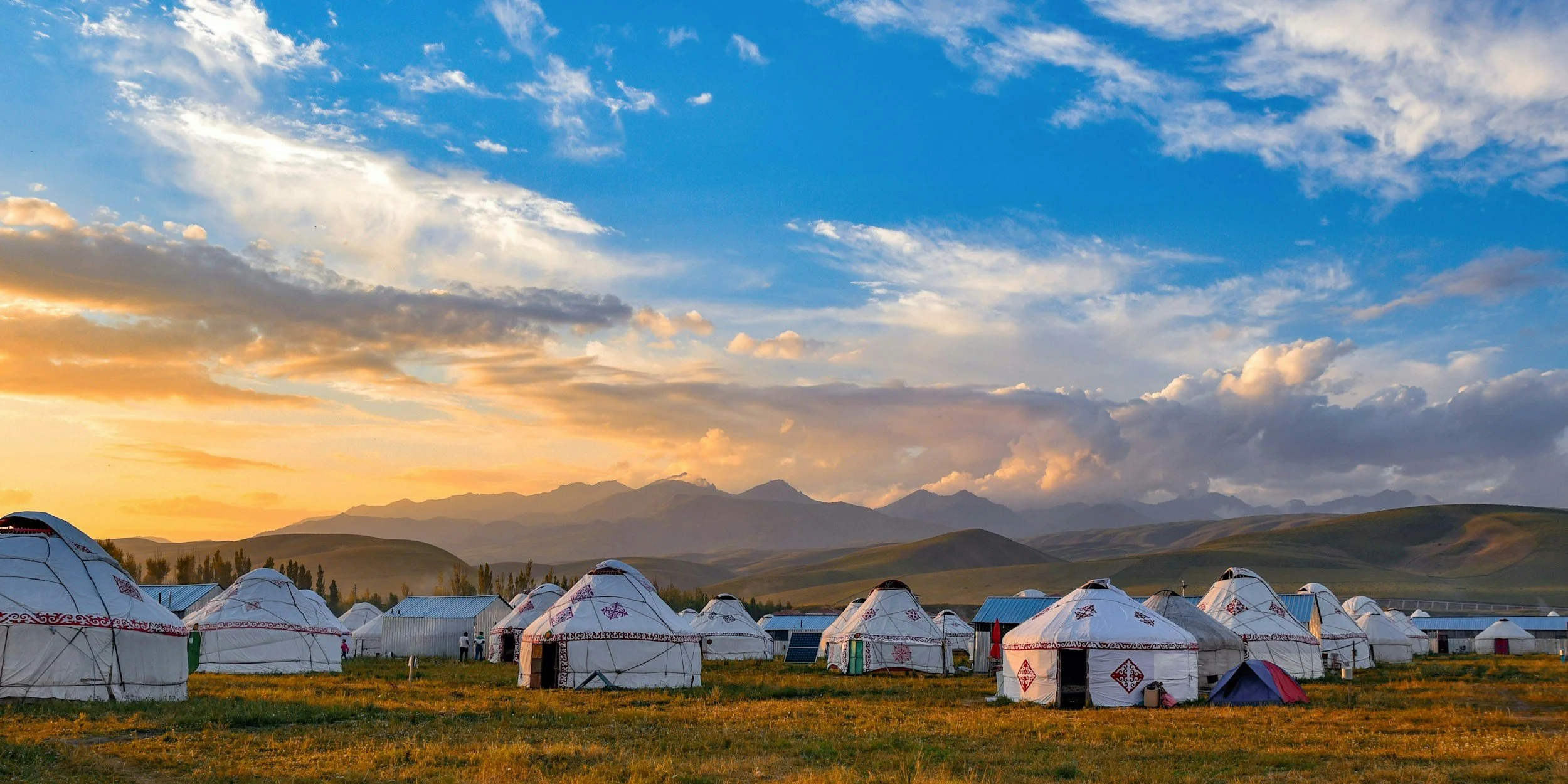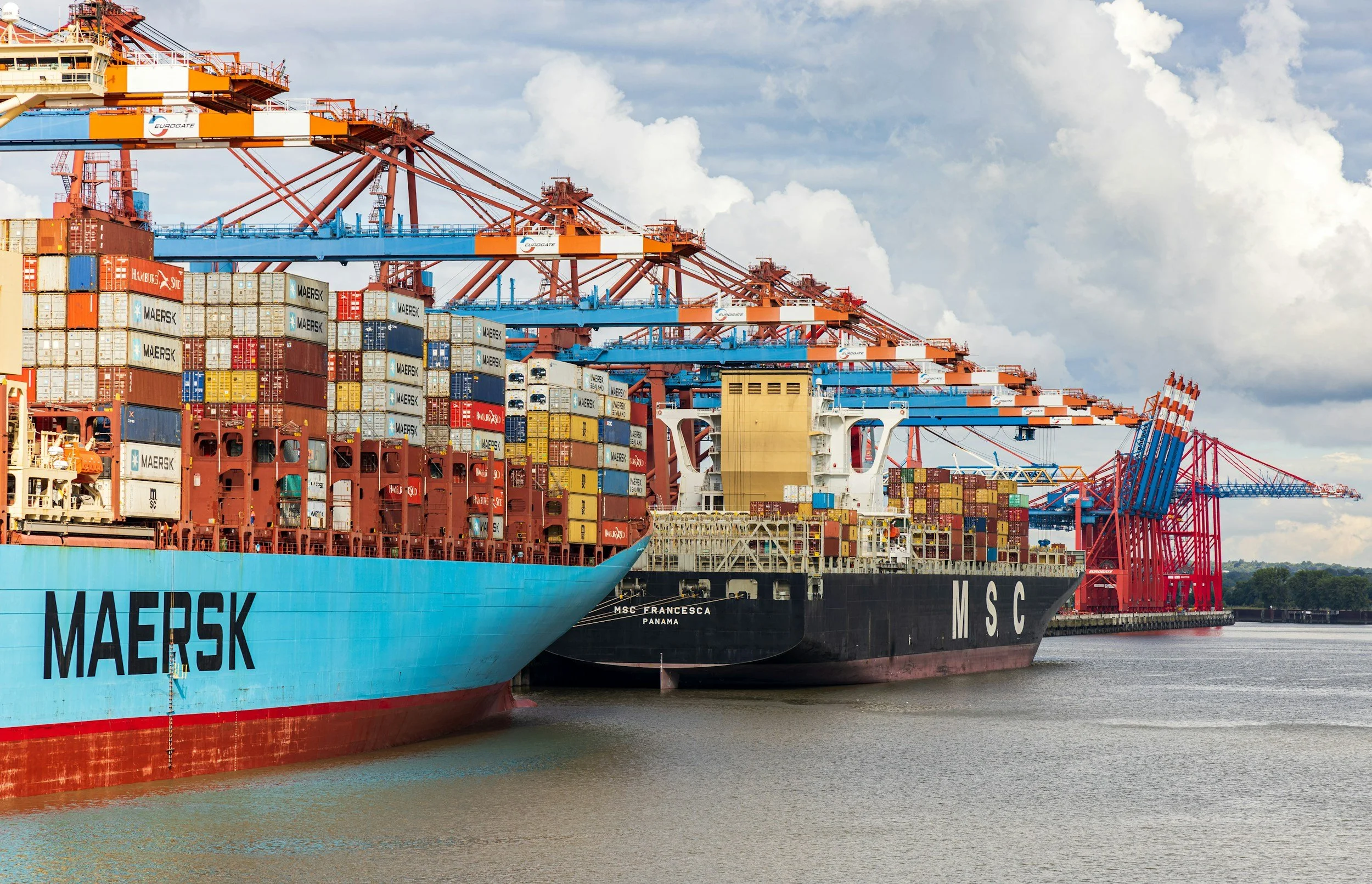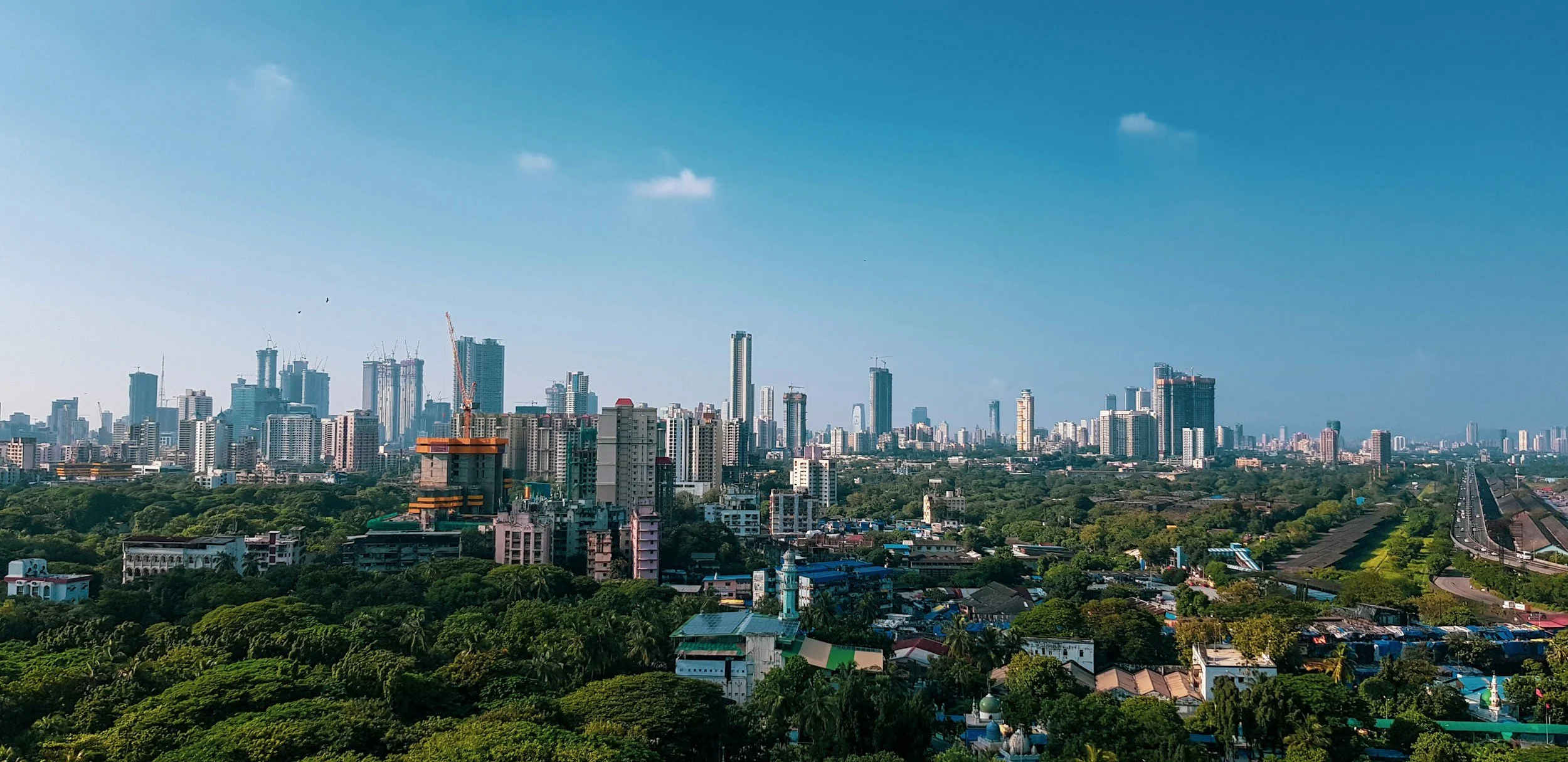Analysis
ORF America produces research, analysis, and commentary on its four areas of focus, from both resident and external experts. These publications represent the views of the author(s). ORF America does not hold institutional positions on any issues. Publications from previous years can be found here.
Special Report No. 7
By Piyush Verma, Medha Prasanna, Caroline Arkalji, Erlijn Van Genuchten, and Siddharth Sharma
By Udaibir Das
Global financial institutions continue to frame the 2026 outlook for emerging markets through a familiar cyclical lens. The consensus assumes U.S. monetary easing, a softer dollar and a modest global slowdown will favor local-currency assets, credible disinflation paths and balance-sheet repair. This narrative is historically grounded and internally coherent. It is also increasingly insufficient.
By Medha Prasanna
Without intentional strategies to strengthen energy infrastructure, the Global South will remain largely a consumer of AI technologies.
Background Paper No. 37
By Anit Mukherjee and Caroline Arkalji
By Brian Webster, Alan Gelb, and Anit Mukherjee
Shifting the payment of social transfers from cash to direct deposit via bank or mobile money accounts can directly improve efficiency for governments and convenience for beneficiaries. It may also produce positive spillovers such as boosting financial inclusion and empowering women. But do these spillovers materialize, and under what circumstances?
By Udaibir Das
The Trevor Manuel G20 Africa Expert Panel Report reframes Africa’s constraints as a single system of mispricing, debt compression and governance asymmetry. Its proposals for refinancing, collective bargaining and International Monetary Fund quota reform mark the first coordinated attempt to shift power within the international financial architecture.
By Udaibir Das
Ubuntu economics does not invoke moral claims. It advances a structural argument: Africa’s demographic momentum, mineral endowments and ecological assets are central to global prosperity, and instability in the region imposes system-wide costs. The reform frameworks are now primarily in place. The question is whether the political and institutional conditions of 2026 permit their implementation.
By Piyush Verma and Telmen Altanshagai
Mongolia is not just a customer or supplier—but a co-partner in building new regional supply-chains, new corridors and new resource-alliances. It speaks to a future where India is not simply plugged into global energy markets, but co-creating them.
By Udaibir Das
While stability prevails in institutional titles, resilience prevails in policy content. This shift influences the oversight and allocation of approximately $470tn in global financial assets. This has structural implications and affects public accountability.
By Dhruva Jaishankar and Ammar Nainar
Once a quiet backstage function of the armed forces, defence diplomacy has emerged as one of India's sharpest tools of statecraft. From joint exercises and training missions to disaster relief and maritime surveillance, India's military now operates far beyond the battlefield: building trust, shaping partnerships, and projecting the country's strategic interests on a rapidly shifting global stage.
By Julianne Smith and Lindsey Ford
American allies are rapidly transforming their relationships whether Washington likes it or not; these networks can either serve or undermine U.S. interests depending on how Washington engages with them. If the United States fails to reset ties with Asian and European partners, it risks being left on the sidelines of a rapidly changing world order.
By Udaibir Das
What began as a spread on a bond has become a spread across the sovereign balance sheet. The 2025 annual meetings have made clear that incremental adjustments will not suffice. Until new institutions and norms emerge, sovereigns will continue to pay in basis points and in ownership and discover that what the premium buys is not sovereignty, but postponement.
Background Paper No. 36
By Nvard Chalikyan
Background Paper No. 35
By Udaibir Das and Hansika Nath
By Udaibir Das
In a climate emergency, redundancy might be precisely what resilience requires. The sovereignty premium is that insurance price. Whether it’s worth paying depends on how much autonomy matters versus efficiency – and whether choice exists at all.
By Piyush Verma and Abhinav Jindal
India’s bid to host COP 33 is a clear signal of geopolitical intent. It positions the world’s largest democracy, the most populous nation and the fourth-largest economy as a bridge between developed and developing worlds.
Edited Volume
By Elie Alhajjar, Raj Shekhar, Divyansh Kaushik, Honson Tran, Megha Shrivastava, Zeena Nisar, Ingrid Erickson, Urmi Tat, Resham Sethi, Priyanshu Gupta, Katelyn Radack, Mandeep Rai, Neeraj Jain, Vaibhav Garg, Jatin Patni, and Wm. Matthew Kennedy
Editors: Andreas Kuehn and Anulekha Nandi
By Divyansh Kaushik and Lindsey Ford
The recent bilateral crisis has caused significant damage, but it has not destroyed the fundamental calculation that brought TRUST into being: the United States and India need each other to maintain democratic technological leadership against authoritarian competition.
By Piyush Verma
By working more closely with India, South Africa, and Indonesia, Brazil can move faster at home, bargain better abroad, and ensure the Global South is not just present but powerful at the table where tomorrow’s rules are written.
By Dhruva Jaishankar
A strong transatlantic bond that for almost eight decades had evolved into a highly integrated defense and economic system among the world’s leading industrial economies – institutionalized under the North Atlantic Treaty Organization (NATO) and G7 – now faces new stresses.
By Anit Mukherjee
With only two months left for the start of the leaders’ summit in Belém, the future of climate action seems to be based more on hope than conviction. A positive outcome from COP30 will require stronger commitment from the global community than what we have seen until now.
By Udaibir Das
Financial surveillance fails when it matters most. Every major financial disruption – from the 1997 Asian crisis to the 2008 financial crisis or recent geopolitical shocks from wars, sanctions and trade realignments – has exposed how blind spots persist in national systems, regional arrangements and global oversight.
By Hsiao-Chen Lin
By pointing out that even Beijing engages with Taipei in similar domains, New Delhi exposed the overreach in China’s narrative. The line was sharply drawn; recognition does not equate to subordination.
By Karan Bhasin
A lesser-known reality of the GST is that it has a total of eight tax slabs, excluding the exemptions. These start at 0.25 and go all the way up to 28 per cent.
By Udaibir Das
In dynamic-system terms, the global economy has shifted from a high-integration equilibrium towards a more fragmented state, but the transition path is still in motion. For financial institutions, the challenge is calibrating marginal gain in resilience against the marginal erosion of competitive advantage.
By Piyush Verma
At a time when multilateralism is under significant stress and global climate finance remains skewed and inequitably distributed, IBSA+Indonesia offers a fresh model of geopolitical collaboration on energy and climate – anchored in shared values and driven by practical action.
Western Balkans Report: Countering Cybercrime
By Jeffrey D. Bean and Bruce W. McConnell
Background Paper No. 34
By Anit Mukherjee and Caroline Arkalji
By Anit Mukherjee
The Indo-Pacific’s future will be shaped by secure, interoperable digital systems that advance public service delivery, expand financial inclusion, and foster cross-border collaboration.
By Dhruva Jaishankar
In its diplomacy, India has reprioritized its near neighborhood, extending financial, developmental, and trading benefits to other South Asian countries and revitalizing more productive regional institutions.


